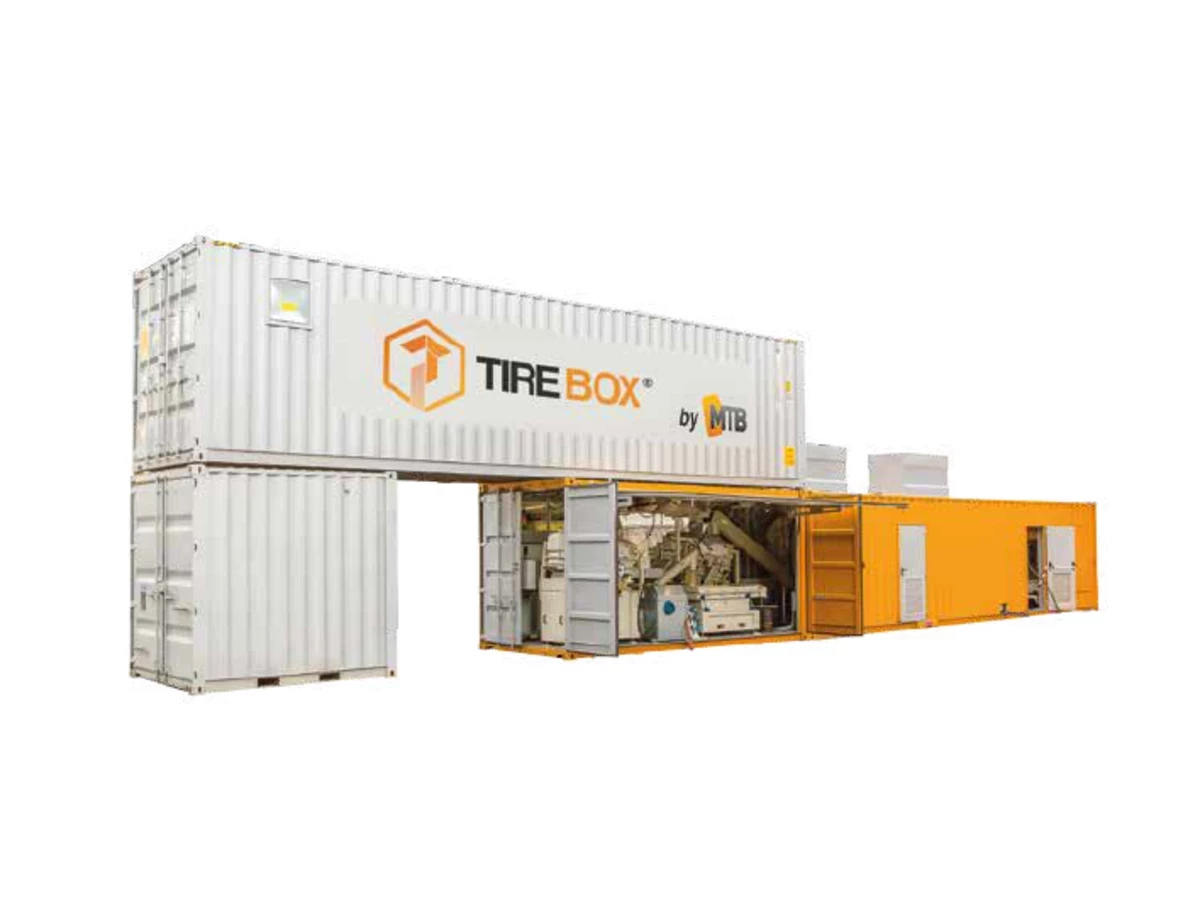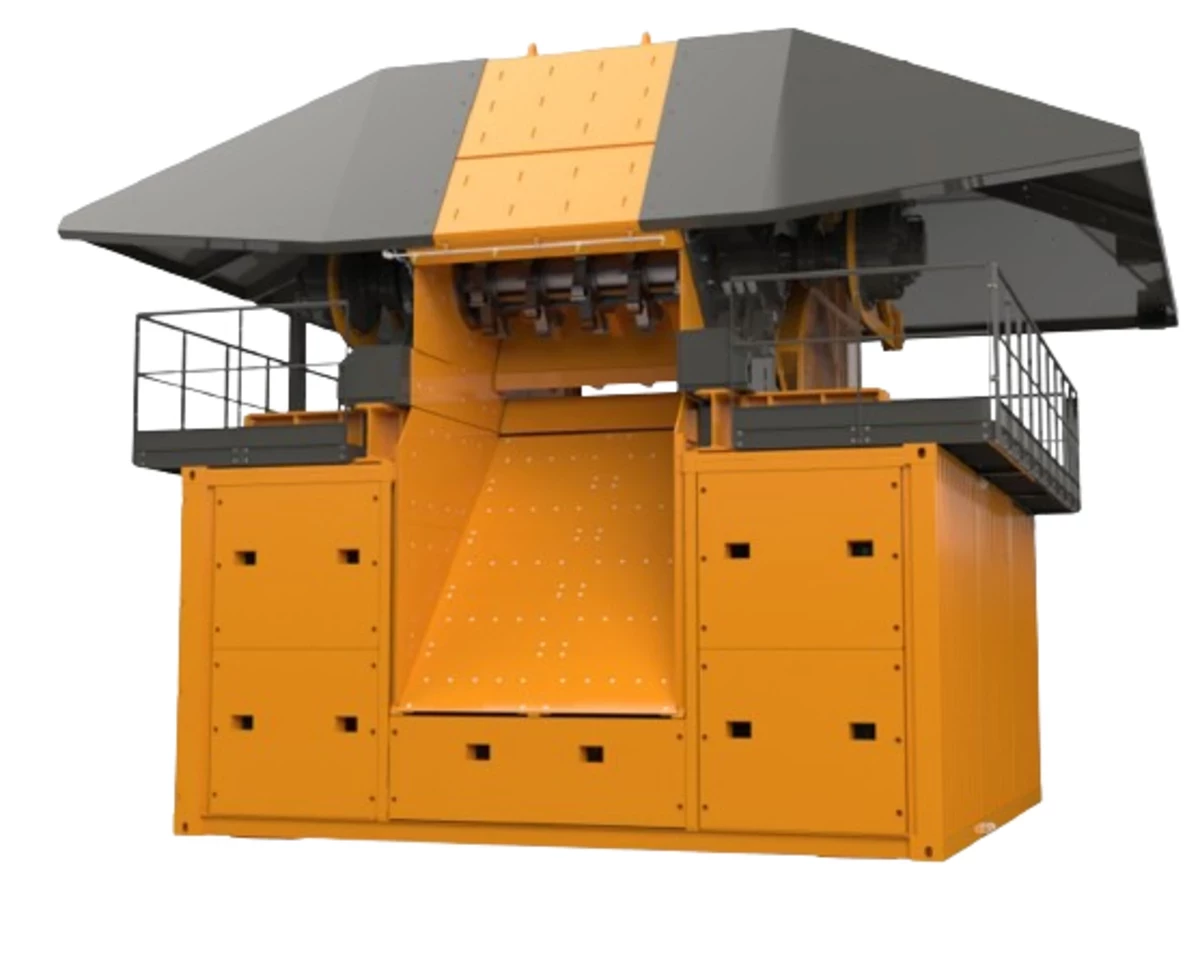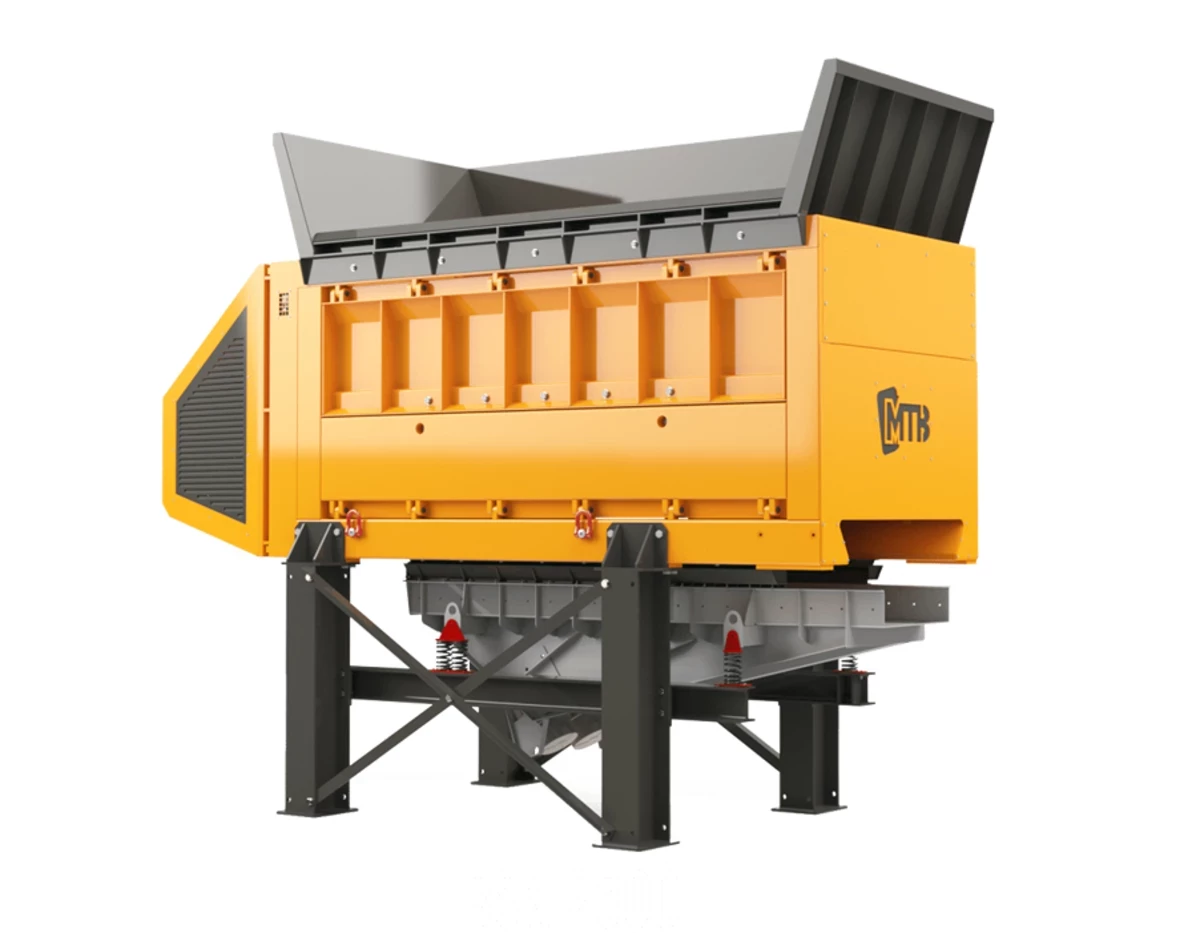Advanced Material Separation Techniques in Industrial Recycling
Revolutionizing Recycling: The Role of Advanced Material Separation
In industrial recycling, the efficient separation of diverse materials is essential. This article explores advanced techniques in material separation processes, highlighting their importance in enhancing yield and reducing waste. As industries pursue sustainability, addressing the challenges of recycling complex waste streams becomes crucial. Advanced material separation not only improves the purity of recovered materials but also minimizes environmental impact. We will examine current recycling methods, identify existing challenges, and propose forward-thinking strategies aligned with industry objectives.
Current Challenges in Material Separation Technologies
Industrial recycling faces significant challenges due to the complexity of waste streams, which include plastics, metals, glass, and organic materials. Traditional separation methods often fail to address the intricacies of such mixed materials, leading to inefficient recovery rates and increased contamination. The limitations of mechanical sorting, such as sieving or manual separation, highlight the need for innovative solutions capable of handling recyclable materials' diverse compositions.
Current regulations and environmental policies demand high recovery rates and minimal waste outputs, urging recycling facilities to adopt more sophisticated techniques. Technologies like eddy current separators, which employ magnetic fields to separate non-ferrous metals, have been somewhat effective but lack efficiency with fine and mixed debris. Similarly, air classification systems, while useful for segregating light and heavy materials, struggle with cross-contamination.
The growing prevalence of composite materials and multi-layered products further exacerbates these challenges. Such materials often require multiple separation processes, making the entire system energy-intensive and costly. Addressing these obstacles necessitates a leap in technological innovations tailored to meet contemporary industrial demands.
Innovative Solutions to Enhance Material Separation
To overcome the limitations faced by traditional recycling methods, the industry is shifting towards advanced material separation technologies. These solutions integrate cutting-edge mechanisms such as sensor-based sorting, which utilizes various sensors (optical, X-ray, infrared) to precisely differentiate materials by their specific properties. This approach not only increases the precision and speed of sorting but also significantly reduces contamination levels.
Another pioneering technique is the use of robot-assisted sorting systems. Equipped with machine learning algorithms, these systems can adaptively recognize and separate complex items, ensuring a higher yield of pure recycled materials. Such technologies work seamlessly with existing conveyor belts and mechanical sorting machines, enhancing the overall efficiency of the recycling process.
MTB Recycling is at the forefront of offering solutions designed to meet these advanced technological needs, with products like the RSX 2300, optimized for environments with mixed, moisture-rich materials. Their portfolio also includes the EZR 2500E and BAT 1600 U, all engineered to improve material separation through innovative design features and high-efficiency operations.
Evaluating Efficiency and Future Prospects of Separation Technologies
The integration of advanced material separation techniques represents a paradigm shift in industrial recycling's efficiency and efficacy. While sensor-based and robotic sorting systems present substantial opportunities for enhancement, the full implementation comes with its set of challenges. High initial investments, technical complexities, and the need for skilled operators can be prohibitive for many facilities.
Nonetheless, the long-term gains in recycling efficiency and resource recovery justify these challenges. By facilitating higher purity outputs and reducing waste, these systems not only support environmental objectives but also present tangible economic benefits through streamlined operations and reduced labor costs.
Future advancements are likely to focus on further minimizing the ecological footprint of recycling processes. Innovations such as AI-driven predictive maintenance for sorting machinery and further refinement of sensor technologies promise to extend equipment lifespan and optimize material flow management. Furthermore, the global push towards circular economies underscores the need for continuous improvement in these technologies, aligning with broader sustainability goals.
Key Takeaways: Navigating the Future of Recycling with Advanced Separation
The exploration of advanced material separation techniques showcases their critical role in overcoming the inherent challenges of industrial recycling. By adopting state-of-the-art technologies, such as those offered by MTB Recycling, industries can significantly enhance recovery rates, improve material purity, and support environmental sustainability. As the sector evolves, continued investment in innovative solutions will be instrumental in achieving a truly circular economy.
For tailored solutions and expert guidance on advanced material separation technologies, contact MTB Recycling to discuss your specific recycling needs and explore how their cutting-edge equipment can optimize your operations.
Share this article
Products related to this article
-
![]()
BAT 1600 UReinforced Granulator
MTB®
6 related content1 interested professionals409 recent consultationsGet a quote -
![]()
EZR 2500ETwin-shaft pre-shredder
MTB®
7 related content1 interested professionals349 recent consultationsGet a quote -
![]()
RSX 2300High-performance twin-rotor shredder
MTB®
6 related content1 interested professionals332 recent consultationsGet a quote
Companies related to this article
-

MTB RECYCLING
474928768
Coverage area (countries): FR,AT,DK,ES and 4 others


